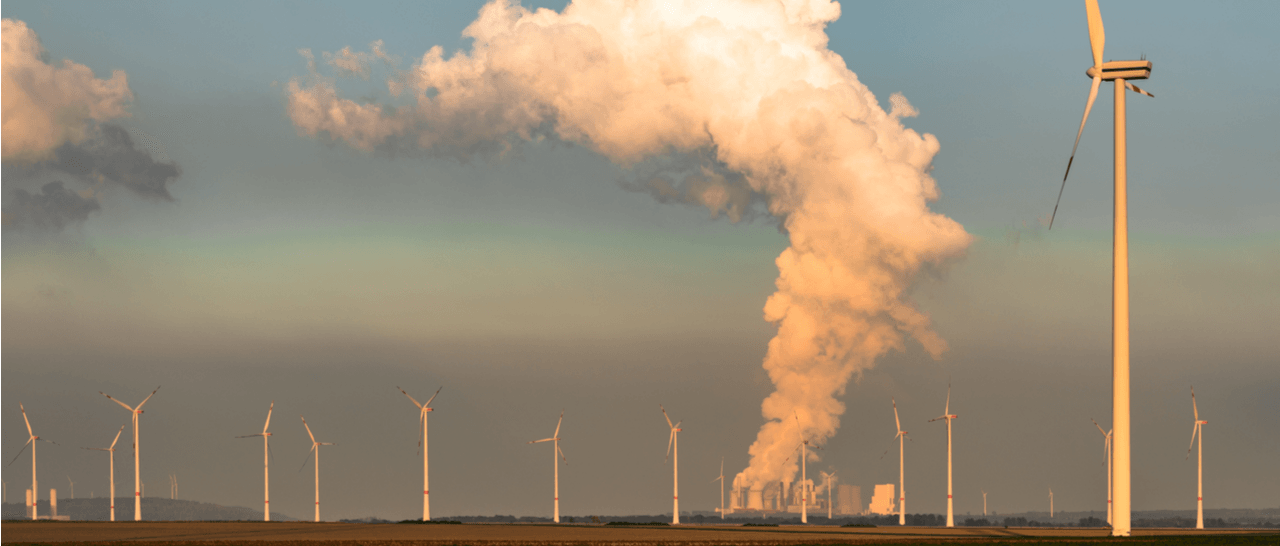There’s more than meets the eye in relation to rising gas prices and their effect on the economy.
Key points
- A new pricing regime will help to address artificially low energy prices, which over the long term could also encourage the expansion of renewables.
- Government legislation changes in relation to existing commitments risk undermining investment in the renewable energy sector.
- If commodity prices fall, however, emerging-market countries may stick with the status quo, potentially encouraging energy-intensive industries in developed countries to relocate to the developing world.
- Stable regulatory regimes are important in order to encourage the development of renewables, thereby bringing down costs over the long term.
For too long, energy prices have been kept artificially low. The introduction of a new pricing regime can be expected to address this, as well as encourage further expansion of renewables, which could help to drive down prices over the long term. Over time, this should have the effect of weaning society off its current reliance on oil and gas as its main source of energy, and may also result in other positive side effects, such as encouraging householders to invest in home insulation. The pandemic has moved the needle in terms of encouraging behavioural change, but too often it has been a struggle to see how we can make the changes scientists need us to.
Nevertheless, we believe that governments will play a role in easing price increases if the cost of energy begins to take up too great a proportion of people’s earnings – especially for low-income households. The priority, as ever, is to balance what we need from an environmental standpoint with what is achievable, particularly if we want to keep the economy going.
High power prices should encourage investment in renewable energy and away from fossil fuels. However, if governments continue to change legislation on existing commitments, they run the risk of undermining investment in the sector. We recently saw this in Spain, where the government announced plans to claw back money from utility companies that do not themselves use gas, but have benefited from how rising gas prices have driven up electricity prices.1
Conversely, if commodity prices fall, emerging-market countries may stick with the status quo, which, in turn, could undercut measures being taken by developed countries to reduce energy-sector carbon dioxide emissions. The concern, therefore, would be whether this might encourage energy-intensive industries to relocate away from developed countries and to the developing world. It is for this reason that the implementation of a carefully thought-out carbon tax is so important. The forthcoming United Nations Climate Change Conference (COP26) is likely to see friction between the US, Europe and China as they attempt to mark out a roadmap to address climate change.
While our Multi-Asset Income strategy has avoided investing in oil and gas in the recent past, this has started to shift as companies in the sector have begun to lay out credible plans for an energy transition away from fossil fuels. Although the expansion of solar and wind renewable assets can create volatility in power prices over the short term, it is important to note that power prices are set from the price of gas, not renewables. It is clear that there is a huge amount of capital still needed in this area. We believe certain renewables companies can offer stable income and high dividends.
In addition, we currently view the battery storage sector positively. The sector is critical for renewable energy, as it provides a way of ensuring grid stability. In order to build out renewables, we need effective storage methods to manage the supply-demand dynamics of energy. From an asset side, there is an imperative to create the physical infrastructure to support it.
We believe that a stable regulatory regime is critical; it is important for governments to stand behind their historical commitments in terms of renewable energy, and not to renege on or undermine the revenues for existing assets, as has happened in Spain. We are now achieving the economies of scale required to bring down the costs of development for renewables, and this has been helped by the initial capital and government support for the rollout. The result, we believe, will be an industry with a lower cost of energy than traditional carbon-intensive forms.
Sources:
1. https://www.ft.com/content/170b34a9-7a03-4bfa-abb9-7eafe9405ff9
This is a financial promotion. These opinions should not be construed as investment or other advice and are subject to change. This material is for information purposes only. This material is for professional investors only. Any reference to a specific security, country or sector should not be construed as a recommendation to buy or sell investments in those securities, countries or sectors. Please note that holdings and positioning are subject to change without notice.






Comments